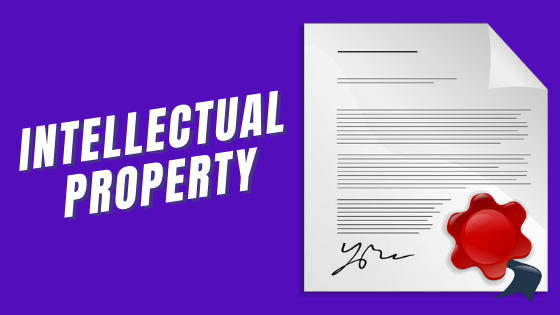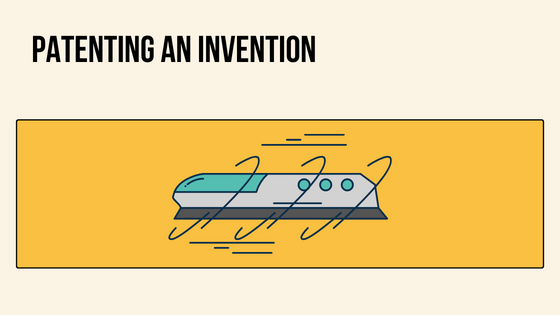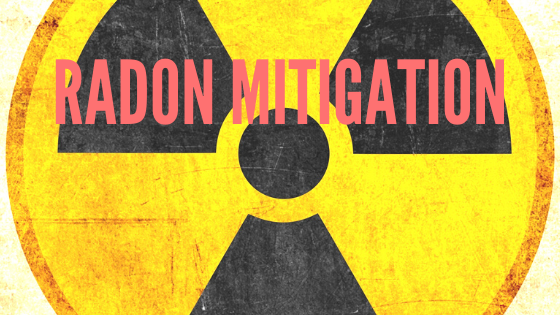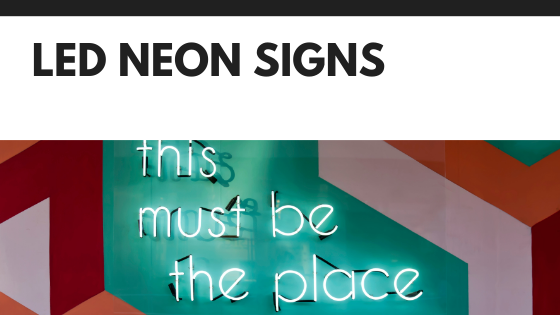
Intellectual Property is a valuable and much misunderstood area of law. Copyright, patents, trade marks, trade secrets and registered designs all fall into this category and though these are intangible, they form an important part of your branding and your business. An Intellectual Property lawyer will help your business from the very beginning, especially if he/she comes from a professional patenting agency, such as InventHelp. InventHelp patent attorney will advise you from day one to ensure your ideas, business name and intellectual property are protected. They can also help you when it comes to creating licensing agreements and exploring business relationships and franchising possibilities.
Without maximizing your IP potential, your business could be losing money.
What is Copyright?
Copyright is an automatic right that exists when work is written down or recorded in some way, such as original literary work (including computer code, marketing plans or a database), music or works of art, sound recordings, broadcasts or films, or even a typographical arrangement of a published edition. It lasts for a defined length of time, usually the life of the author plus 70 years. The creator of the work can control its reproduction – when and how it is used or performed, and by whom.
I came up with an idea and my company is claiming it as their own – is that allowed?
If you created the work as an employee as part of your duties, the company usually owns the IP rights. If it is unclear whether you produced the work during the course of your employments, contact an IP lawyer – factors taken into consideration include whether you made the work during office hours and on office equipment, and whether you were asked to make the work by your employer. It is always worth being clear in your employment or contract what counts as work during and outside your employment.
If you were commissioned to make the work then unless you have expressly agreed otherwise with the commissioner, or the work was created for a specific commercial purpose, the copyright remains with the original creator.
What is a Trademark?
A trademark is a symbol that identifies goods and services in the marketplace, such as a logo or a brand name. It can be anything from a word to a color, smell or sound, as long as it can be represented graphically. Words and pictures (logos) are the most usual type of trademarks, but other things can be trademarked if they can be graphically represented – for example if a sound is written as music, or a smell as a chemical formula.
Having a registered trademark will protect your brand and create brand awareness as you will be able to stop others from using either an identical or similar mark on identical or similar goods. Once registered, you can treat it as any other property and can mortgage it, sell it on or license it to someone else for royalties.

How do I register a trademark?
In the US, you must register your mark with the US Intellectual Property Office. They will not let you register the mark if someone else has already applied to register a similar trademark on similar goods or services. An Intellectual Property lawyer will conduct a search of the existing trademarks and file your application for you. If the Intellectual Property Office objects to your trademark, a good Intellectual Property lawyer will help you to find a way around the objections.
What is the difference between the “TM” sign and the “R” sign?
These signify unregistered and registered marks, respectively. The TM signifies an unregistered trademark, but . It is notification to the public that you claim your mark as a mark of origin for your business. R (said as ‘R in a circle’) is a notice that the mark has been registered and therefore benefits from the law relating to registered trademarks.
What is a Patent?
A patent is an exclusive right granted for an invention, such as a product or a process that gives a new way of doing something, or introduces a new technical solution to a problem. This means that nobody else can make, use or sell the invention without the permission of the inventor.
Can I patent my invention?
There are a few conditions that an invention must fulfil before a patent can be applied. It must be:
- New – this means that it can’t have been released anywhere else in the world prior to the patent application date,
- Inventive – it must show a characteristic that is unknown in its technical field when examined by an expert in the subject.
- Practical – it must be able to be used in some kind of industry (this includes agriculture)
There are certain areas where patents do not apply; these include scientific theories or mathematical methods; aesthetic creation such as a dramatic, literary or artistic work; a computer program; a new species of animal or plant; a method for medical treatment; a method of diagnosis; discovery of a natural process or substance; commercial methods or schemes or methods for performing a mental act, playing a game or doing business. It would be best to get help from patent invention InventHelp agency with these.
What protection will a patent give me?
You will have a monopoly right over the product or process patented for 20 years. During this time, nobody else will be able to make, sell or use the product or process.


